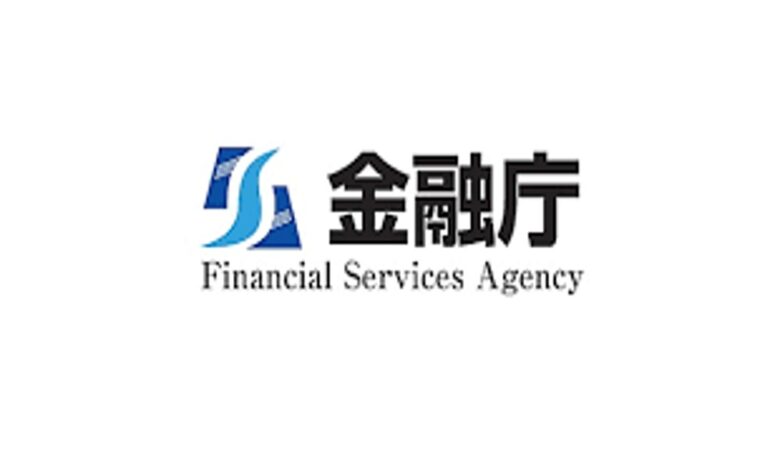Japan’s FSA Proposes Tax Reform for Virtual Currency Transactions
Japan's Financial Services Agency (FSA), for the first time, has included virtual currencies or crypto assets in its tax reform requirements for fiscal year 2025.

Japan’s FSA emphasized the importance of reassessing the tax framework for virtual currency trades in its tax reform requirements for fiscal year 2025.
The FSA is Japan’s sole financial regulatory body. Established in 2000, it is responsible for overseeing and regulating the country’s financial sector.
In its recently released tax reform demands for the fiscal year 2025, the Japanese Financial Services Agency (FSA) grouped crypto assets under virtual currencies, encompassing them within the overarching framework titled “Plan to Double Income and Achieve a Nation Built on Asset Management.”
By including virtual assets in its latest tax reform, the agency has taken a preliminary step towards clarifying the tax treatment of virtual currencies, in other words, crypto assets. It is proposing to examine potential categorization as investment financial assets to establish a clearer and more comprehensive tax framework for these assets.
Japan’s FSA Initiated Virtual Currency Tax Review
The Japanese regulatory body has initiated a review of the tax treatment of virtual currencies in response to submissions from various government ministries and institutions advocating for tax reform.
While the authorities are yet to make a decision, the cryptocurrency sector is closely awaiting the outcome of the ruling party’s Tax System Research Committee and the National Diet’s deliberations on this matter.
Japan’s Tax Reform to Cover Virtual Currency Transactions for the First Time
After prolonged industry advocacy, Japan’s authorities are taking concrete steps to address the requests for crypto asset tax reform for the first time, consequently indicating a potentially significant shift in approach.
For years, the crypto space has pushed for a change in the tax rate for crypto assets, dropping from the current 55% maximum tax rate on miscellaneous income to a flat 20% self-assessment tax.
A reduction in the tax rate for crypto assets remains uncertain, pending the outcome of negotiations among Japanese lawmakers. However, the inclusion of crypto assets in the tax reform proposals for the 2025 fiscal year represents a promising development and a potential turning point in the regulatory landscape.
In addition, the Prime Minister of Japan, Fumio Kishida, stated at a recent WebX conference that Web3 and blockchain will play an important role in addressing the country’s societal concerns. The new tax reforms and Kishida’s statement indicate that Japan may be poised for a significant transformation in its cryptocurrency landscape.





















































